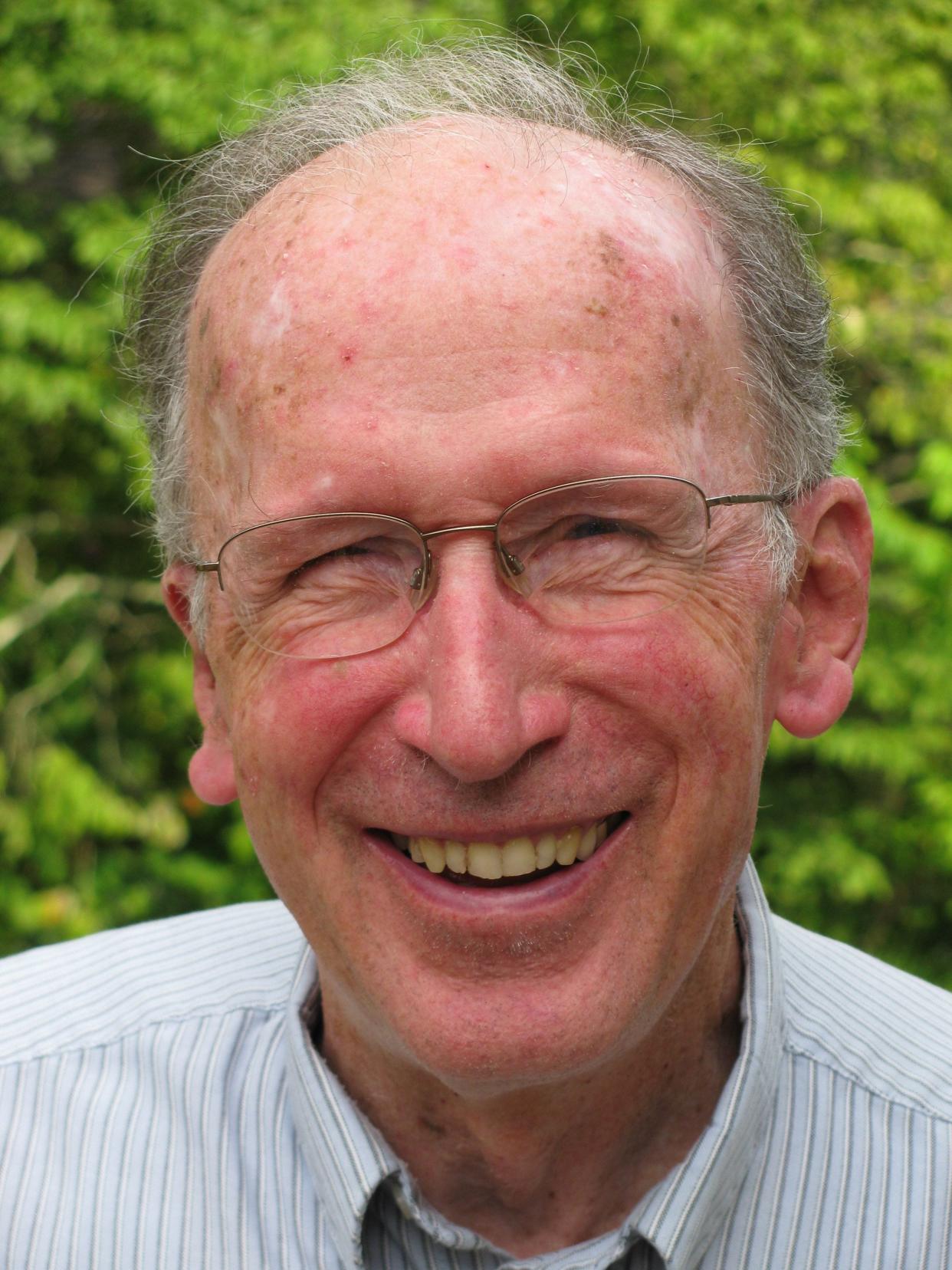Opinion: We've fallen short of our goal to treat all people equally, appreciate diversity

- Oops!Something went wrong.Please try again later.
Early last year, then-Judge Ketanji Brown Jackson underwent a hearing by the Senate Judiciary Committee in preparation for joining the U.S. Supreme Court. This was during a time when people were pushing many false narratives and creating fear about trans people. Others were advocating transgender rights.
It was in this context that Sen. Marsha Blackburn of Tennessee asked Judge Jackson, “Can you define the word ‘woman’?” Blackburn thought she had scored with a “gotcha” question. Judge Jackson stated she could not, since she was not a biologist. Later, Blackburn refused three times to answer her own question. Other male GOP senators similarly refused to answer the question.
Sen. Blackburn represented a type of mindset most of us have encountered. I encountered it in church. It is a mindset that wants everything to be in terms of a single simple meaning. Everything must be one way or the other, without any variation or ambiguity. Once, Jesus was discussing marriage with his disciples and made this comment about eunuchs: “For there are eunuchs who have been so from birth.” (Matthew 19:12) This appears at least to indicate the recognitions that people can be born with unclear sexuality or gender.
More:Opinion: New year is a good time to recognize change is still needed
More:Opinion: Playing with migrants' lives is inappropriate
Rebecca Jordan-Young, a biologist and gender studies expert at Barnard College states there isn’t even a singular biological answer to the question “what is a woman?” There are at least six different biological markers of “sex” in the body: genitals, chromosomes, gonads, internal reproductive structures, hormone ratio, and secondary sex characteristics. None of the six is strictly dichotomous, Jordan-Young said, and the different markers don’t always align. The mindset that insists on one simple meaning does not grasp the diversity and complexity of nature and reality itself. People may otherwise be intelligent and even educated in some fields, but want their reality to be “clear cut” and without variation.
We are in an age when society is wrestling with the issues of sexuality and gender, which incorporates some kinds of diversity. Not only are religious groups affected and divided over sexuality and gender issues (including my church), but also political thought and organizations are affected, as we see in the question about defining a woman and in debates in legislatures and in school boards.
However, the basic and important question in society is understanding humanity and human beings and especially, how we should treat human beings. Our society has long been based on the belief that “all people are created equal.” We have been learning over time and through much struggle in America to treat all people as equals, worthy of equal respect. We have fallen short of this goal many times, particularly with regard to women and minorities, and now to LGBTQ people. But treating all people equally remains a noble goal for our nation. This is all part of the maturing of our democracy, which is still taking place.
We are also learning not to make clearcut distinctions about races and ethnicities, which in fact are difficult to define. This is aligned with our nation’s emphasis on the equality of all people in the midst of great diversity and it encourages us in all matters to place the emphasis on humanity and human beings. Recently, Congress passed the Respect for Marriage Act, which recognizes the rights of same-sex and interracial marriages to be treated as equal to other marriages.
Greater understandings of the complexities and diversities in nature, especially in humanity, will lead to greater equality of treatment of diverse peoples among themselves and also in education, housing, health care and employment opportunities. Science is a gift, which contributes to a better understanding of the diversity, variations and patterns in nature, including in human life. It takes time to clarify the complexities that keep life from always having clear cut explanations that we might like and too often assume.
Science is full of surprising explanations called “theories” of causes and effects. Scientists and educators, including in religions, need freedom to increase the scientific understandings of the diversities in nature and society. Then, it is up to us to seek understanding and acceptance of these diversities and patterns. In addition, our democracy needs people of good will in government, in society, and in religious and secular life who will acknowledge and accept the diversities in life and especially practice mutual fair treatment, if we are to live up to the declaration of our founders that “All people are created equal.”
Rev. Robert L. Montgomery, Ph.D., lives in Black Mountain.
This article originally appeared on Asheville Citizen Times: Opinion: Dealing with variation in human life

